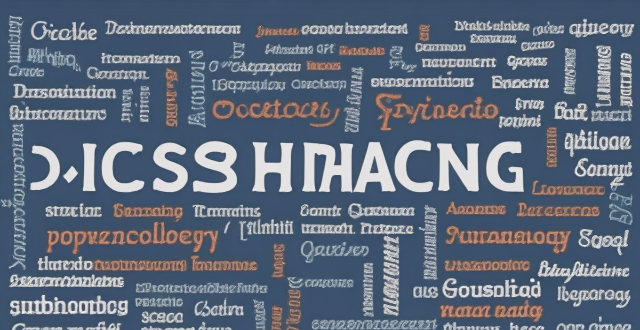The text discusses the role of sports psychology in enhancing team dynamics and cohesion. Sports psychology can improve communication, build trust, promote collaboration, manage conflict, create a shared vision, foster resilience, encourage social support, and promote diversity and inclusion among team members. These interventions lead to better understanding, reduced misunderstandings, increased support and reliability, effective collaboration, constructive conflict management, a unified purpose, improved coping strategies, emotional comfort and encouragement, and an inclusive culture. Overall, sports psychology plays a crucial role in improving team dynamics and cohesion, leading to greater success for athletes and teams.

Can Sports Psychology Improve Team Dynamics and Cohesion?
Yes, sports psychology can indeed improve team dynamics and cohesion. It plays a crucial role in enhancing the performance of athletes and teams by addressing various psychological factors that influence their behavior, motivation, and overall mental well-being. In this response, we will explore how sports psychology contributes to better team dynamics and cohesion.
The Role of Sports Psychology in Team Dynamics
Enhancing Communication
Effective communication is vital for any team's success. Sports psychologists work with athletes to improve their communication skills, which helps them express their thoughts and feelings clearly and listen actively to others. This leads to better understanding among team members, reducing misunderstandings and conflicts.
Building Trust
Trust is another essential component of strong team dynamics. Sports psychology interventions aim to foster trust within the team by encouraging openness, honesty, and reliability. When team members trust each other, they are more likely to support and rely on each other during competitions and training sessions.
Promoting Collaboration
Collaboration is key to achieving common goals. Sports psychologists help teams develop collaborative skills by teaching them how to work together effectively, share responsibilities, and leverage each other's strengths. This promotes a sense of unity and collective effort towards success.
Managing Conflict
Conflicts are inevitable in any team setting. However, sports psychologists can teach athletes how to manage conflicts constructively through techniques such as active listening, empathy, and problem-solving. By resolving conflicts in a healthy manner, teams can maintain positive relationships and avoid disruptions caused by unresolved issues.
The Impact of Sports Psychology on Team Cohesion
Creating a Shared Vision
A shared vision unites team members around a common goal or purpose. Sports psychologists assist teams in developing a clear and compelling vision that inspires and motivates them to work together towards achieving it. This shared vision strengthens the bond between team members and enhances their commitment to the team's success.
Fostering Resilience
Resilience is crucial for overcoming challenges and setbacks. Sports psychologists help teams build resilience by teaching them coping strategies, such as reframing negative thoughts, maintaining a positive attitude, and persevering through adversity. Resilient teams are better equipped to handle stressors and stay focused on their goals, even when faced with obstacles.
Encouraging Social Support
Social support from teammates can significantly impact an athlete's mental health and performance. Sports psychology interventions aim to create an environment where team members feel supported, valued, and cared for. This support system provides emotional comfort, motivation, and encouragement during both good times and bad.
Promoting Diversity and Inclusion
Diversity and inclusion are essential components of a cohesive team. Sports psychologists work with teams to promote respect for differences, celebrate diversity, and create an inclusive culture where everyone feels welcome and accepted. This fosters a sense of belonging among team members, leading to increased cohesion and improved overall performance.
In conclusion, sports psychology plays a critical role in improving team dynamics and cohesion by addressing various psychological factors that influence athletes' behavior, motivation, and overall mental well-being. Through interventions aimed at enhancing communication, building trust, promoting collaboration, managing conflict, creating a shared vision, fostering resilience, encouraging social support, and promoting diversity and inclusion, sports psychology can help teams achieve greater success both on and off the field.